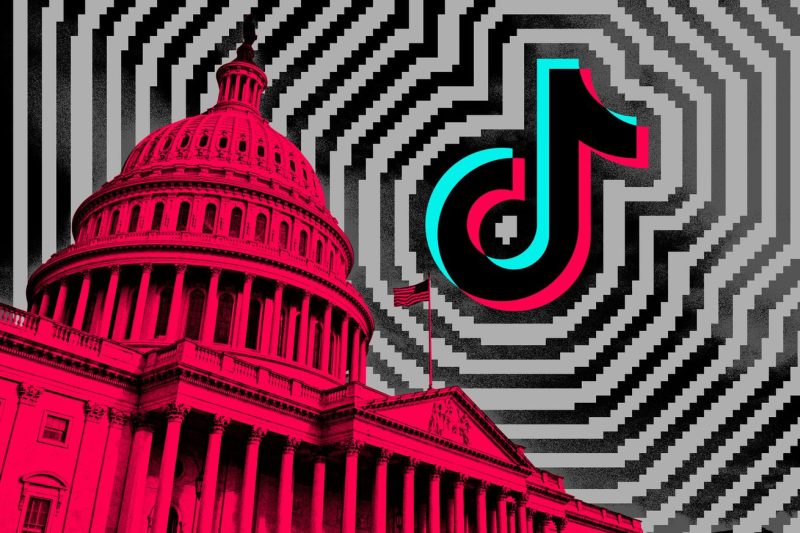The recent tumultuous events surrounding the possible ban of TikTok, the popular social media platform, have captured the attention of many across the globe. What began as a series of executive orders from former President Donald Trump seeking to ban the app in the United States due to concerns over national security and data privacy, has evolved into a complex and ongoing legal battle.
The ban was initially set to take effect in September 2020, but legal challenges and negotiations with the app’s parent company, ByteDance, led to a temporary reprieve as talks of potential acquisitions and partnerships swirled. However, as the public’s attention shifted towards the outcome of the U.S. presidential election and the new administration assumed power, the TikTok ban seemingly faded into the background.
Recently, news emerged that the U.S. Department of Justice, now under the leadership of President Joe Biden, has quietly revived efforts to address the national security concerns raised by TikTok. A new court filing indicated that the DOJ had formally appealed a ruling that prevented the government from enforcing a ban on TikTok that was originally set to begin last year.
The revival of this legal battle comes at a time when concerns over data privacy and security are at an all-time high, with tech companies facing increased scrutiny over their handling of user information. TikTok, in particular, has come under fire for its ties to China and the potential risks this relationship poses to U.S. national security.
While ByteDance has consistently denied any allegations of sharing user data with the Chinese government, the specter of foreign influence looms large in the eyes of many policymakers and officials. The TikTok saga serves as a microcosm of the larger debate surrounding the regulation of tech companies and the need to balance innovation and economic growth with security and privacy concerns.
As the legal battle over TikTok continues to unfold, it raises important questions about the role of government in regulating technology companies and safeguarding national security interests. The outcome of this case could have far-reaching implications not only for TikTok and its millions of users but also for the broader tech industry as a whole.
In the ever-evolving landscape of social media and technology, the TikTok ban saga serves as a reminder of the complex interplay between innovation, security, and regulation. As society grapples with the challenges posed by the digital age, finding a balance between these competing interests will be crucial in shaping the future of technology and safeguarding the privacy and security of individuals worldwide.


























